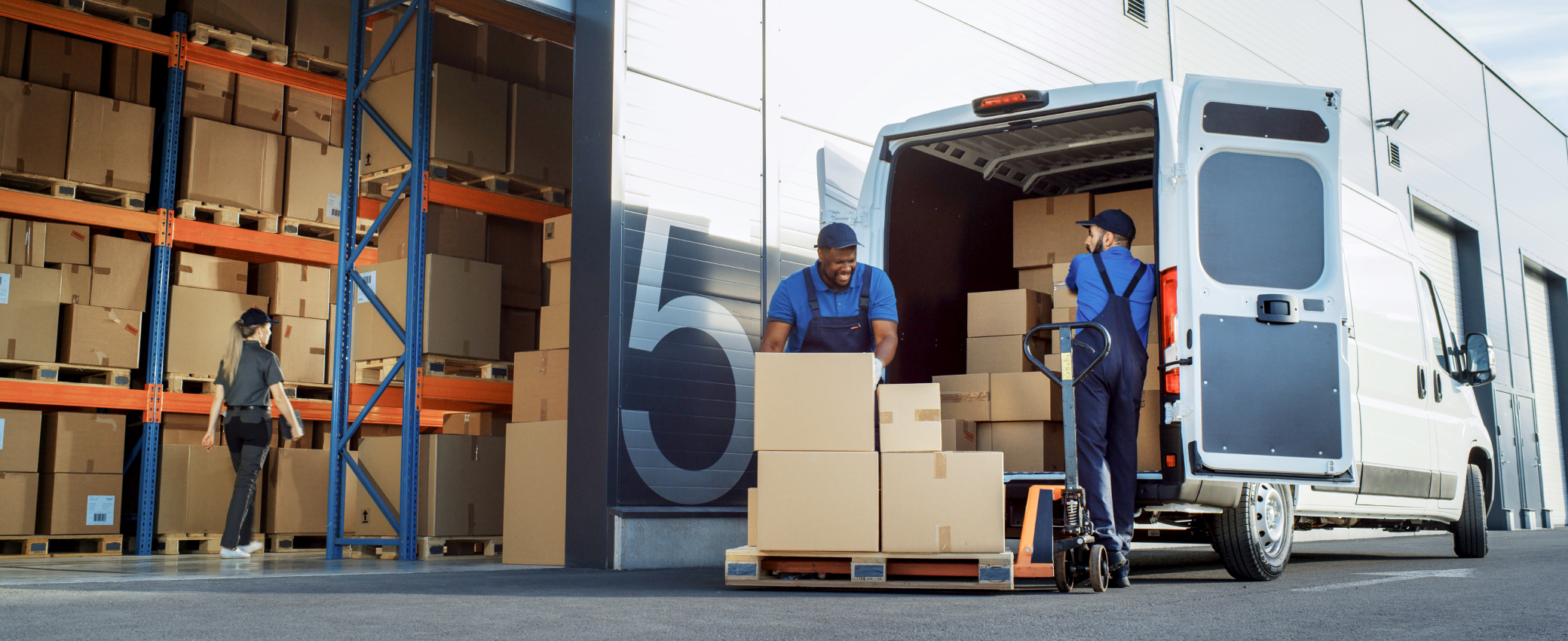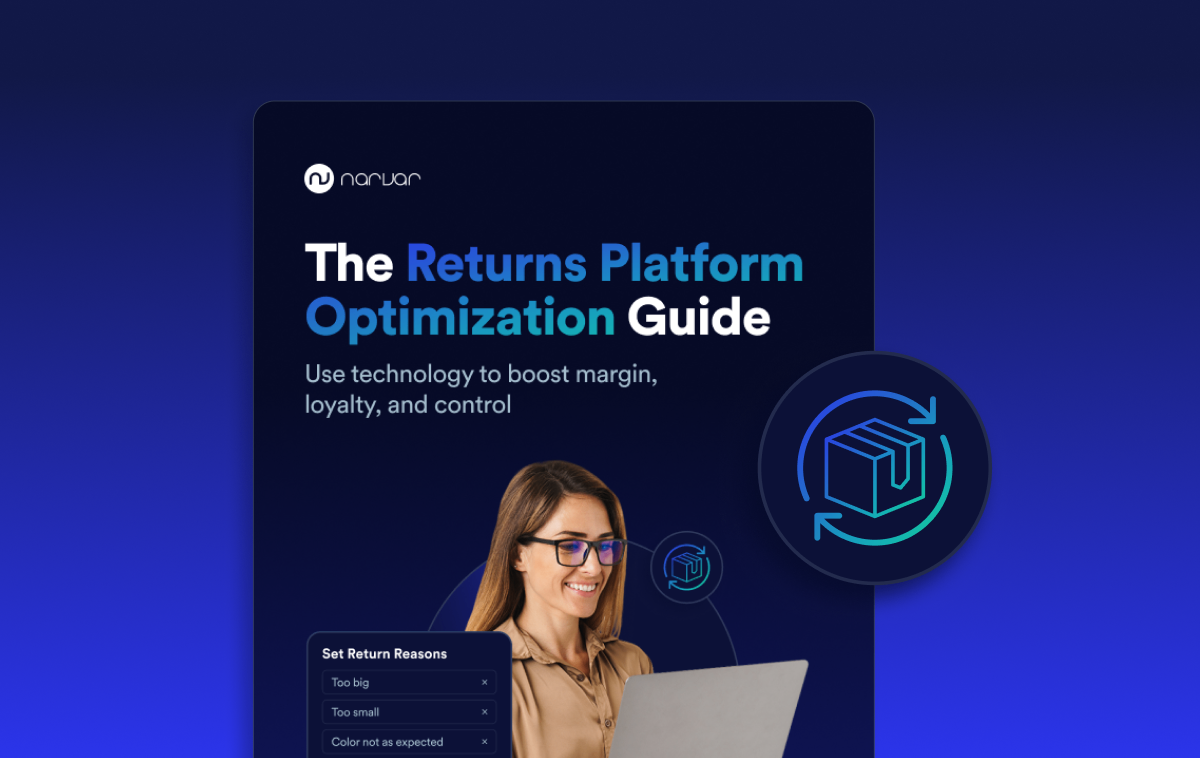

AI-powered delivery date estimates to boost conversion
Give shoppers peace of mind and protect and grow your bottom line
Personalized tracking experiences to build brand loyalty
Returns and exchanges management to mitigate fraud and reward best customers
Proactive communication to drive customer lifetime value
Delivery claim management to tackle fraud and build trust
Optimizing Returns Is More Important Than Ever

Earlier this year, Narvar CEO Amit Sharma contributed an article to Forbes, about what the retail industry should expect for 2022.
His four predictions?
- Supply chain issues and inflation will continue
- Sustainability will get a brighter spotlight
- BOPIS will get a larger market share
- Brick-and-mortar stores will remain key distribution nodes in omnichannel
Six months into the year, all four predictions appear quite clairvoyant—especially Amit’s predictions about the supply chain.
Even though production is ramping in key production regions such as Vietnam, Malaysia and Thailand (producers of significant quantities of garments, shoes and toys), it’s yet to return to pre-pandemic levels.
Moreover, goods being produced are taking longer than ever to reach destination markets due to widespread logistical challenges, from soaring shipping container costs to backlogs at major ports to labor shortages in key industries such as long-haul trucking.
Therefore, it’s more important than ever for retailers big and small to streamline all aspects of outbound and inbound fulfillment.
Capitalizing on returns consolidation
The greatest opportunity for supply chain optimization rests in returns consolidation.
At a high-level, perfecting returns consolidation impacts the bottom line in a meaningful and immediate way. Not only does it reduce the costs of processing returns, but it allows for retailers to get products back on the shelves for resale (be it in a physical brick-and-mortar or a distribution center) in less time. The faster inventory can be resold, the faster inventory carrying costs can be reduced and revenue can be recognized.
But there’s more to it than that. Returns consolidation also…
- Reduces lead time for transportation
- Mitigates the risk of in-transit product damage
- Helps offset some of the delays related to supply chain disruption
- Allows for faster refund processing which increases customer satisfaction
Perhaps most importantly, returns consolidation improves sustainability—something all retailers should value in this ESG-era. From labelless and boxless returns, to reduced fuel consumption by avoiding less-that-truckload deliveries, there are many ways a consolidated returns process reduces a retailer’s carbon footprint.
To learn more about returns consolidation and what retailers can do to optimize for longer lead times, keep reading here.

























